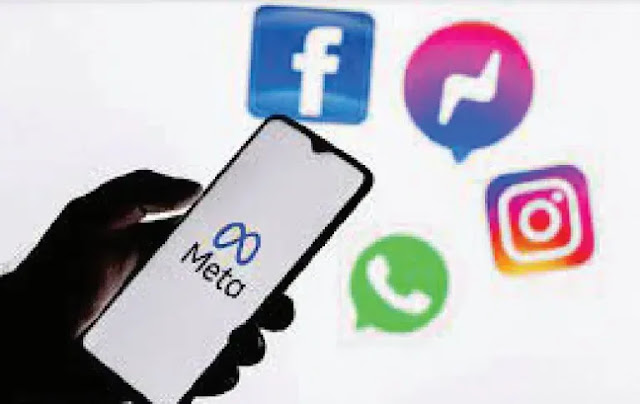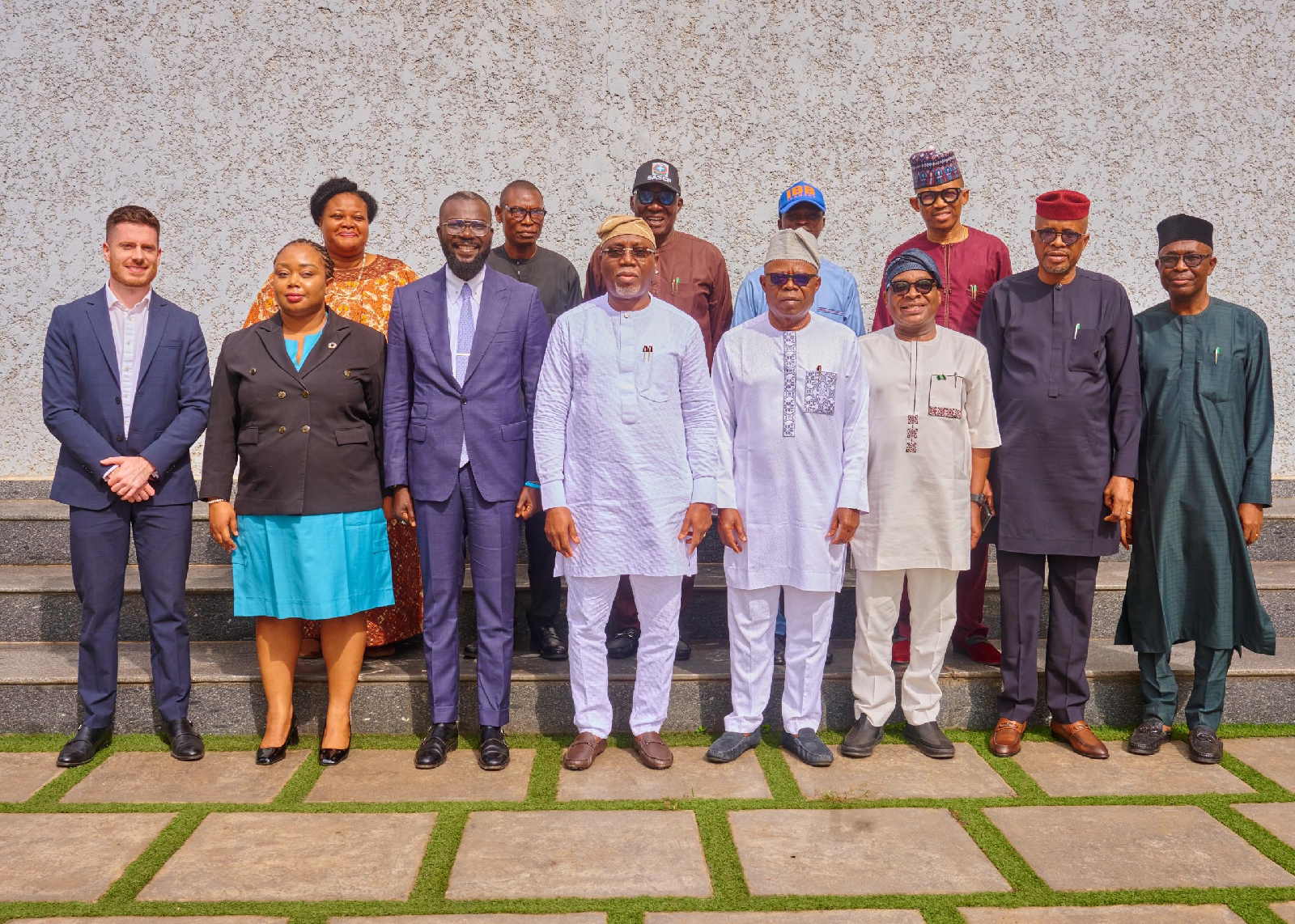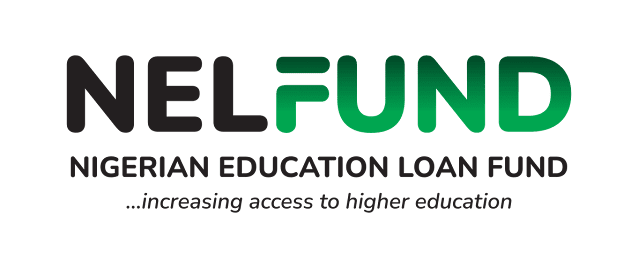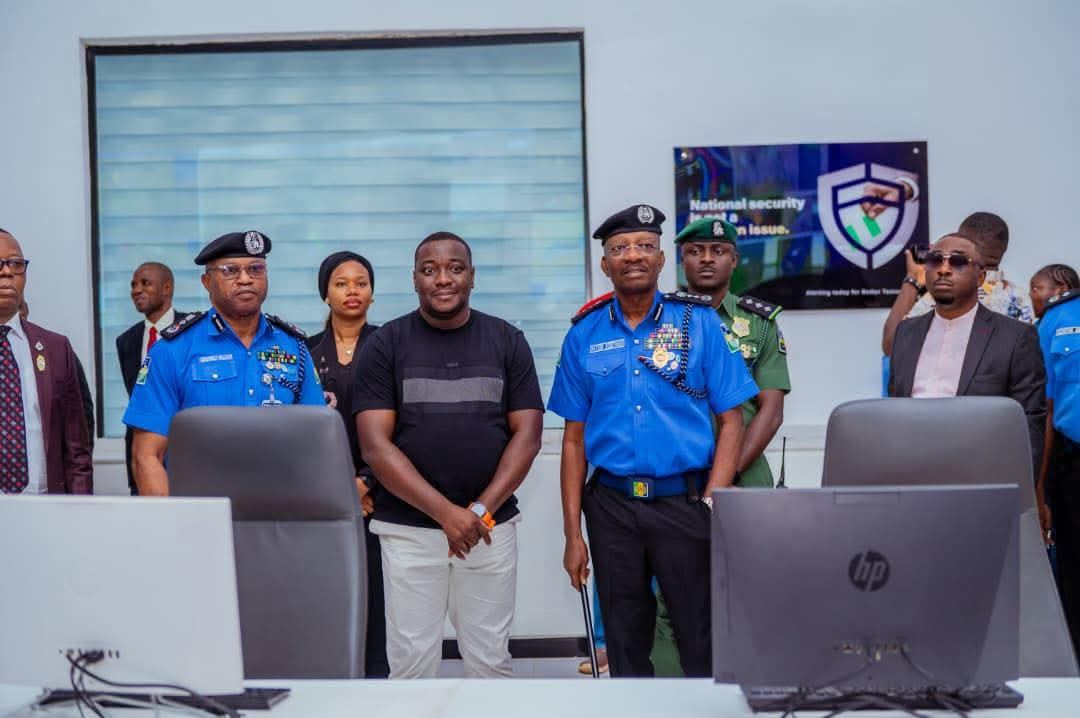…Google, Microsoft, TikTok lead compliance
Social media companies removed more than 58.9 million pieces of content from Nigeria in 2024, according to a new compliance report released by the National Information Technology Development Agency (NITDA).
The large-scale takedown followed the enforcement of Nigeria’s Code of Practice for Interactive Computer Service Platforms and Internet Intermediaries, which sets out obligations aimed at tackling harmful material and promoting online safety.
NITDA, working in collaboration with the Nigerian Communications Commission (NCC) and the National Broadcasting Commission (NBC), acknowledged Google, Microsoft, and TikTok for their proactive steps and for submitting the 2024 compliance report. The agency described the exercise as a significant move towards ensuring a safer and more responsible digital environment for Nigerians.
The compliance document provides one of the clearest insights yet into the extent of content moderation carried out by major platforms operating in the country. Alongside the nearly 59 million removals, the report recorded 754,629 user complaints and noted that 420,439 items were reinstated following successful appeals. It also revealed that 13,597,057 user accounts were deactivated or permanently closed.
These numbers underline the volume of unlawful or harmful content circulating within Nigeria’s digital space, as well as the scale of industry efforts to curb it.
Under the Code of Practice, large service providers are required to register in Nigeria, comply with local legislation, meet tax obligations, and demonstrate a clear commitment to safeguarding users.
Commenting on the findings, Mrs Hadiza Umar, Director of Corporate Communications and Media Relations at NITDA, stated that ensuring a secure online ecosystem is a shared responsibility.
“While NITDA recognises these notable efforts, building a safer digital space requires sustained collaboration and engagement among all stakeholders,” she said in a statement.
The agency reaffirmed its determination to continue working with technology firms, civil society organisations, and regulatory partners to strengthen user protection, promote digital literacy, and build public trust in Nigeria’s fast-growing digital economy.






